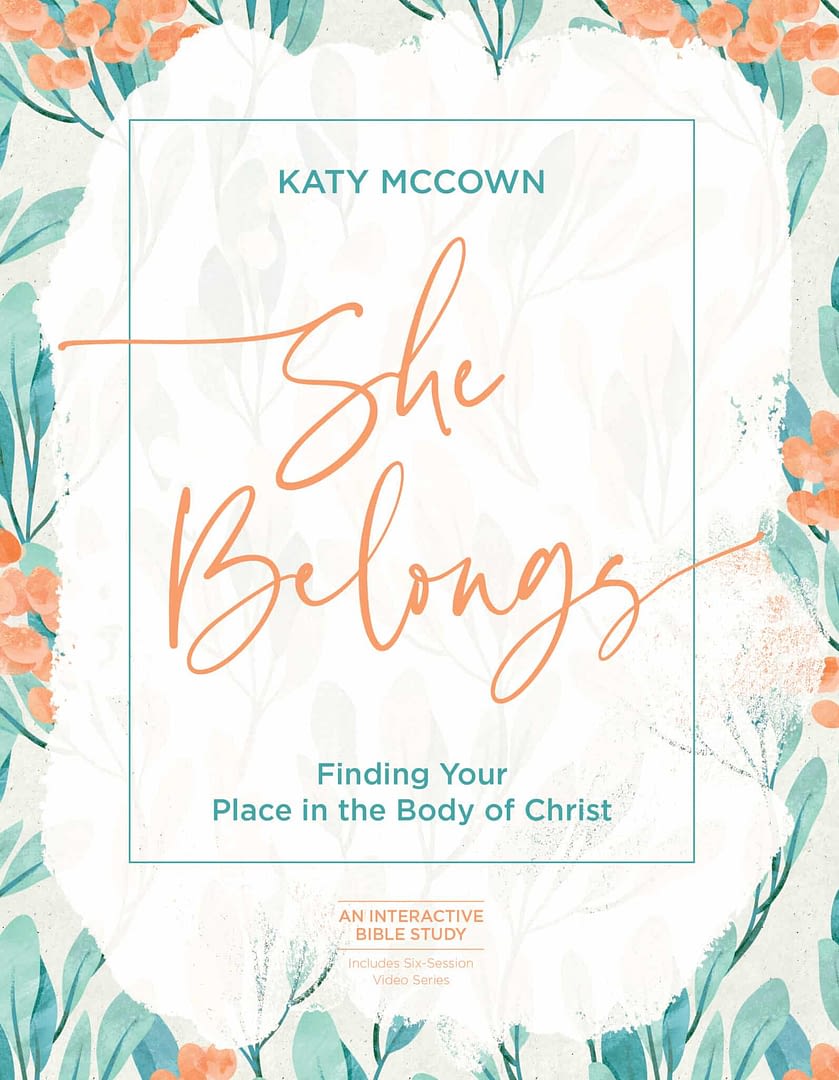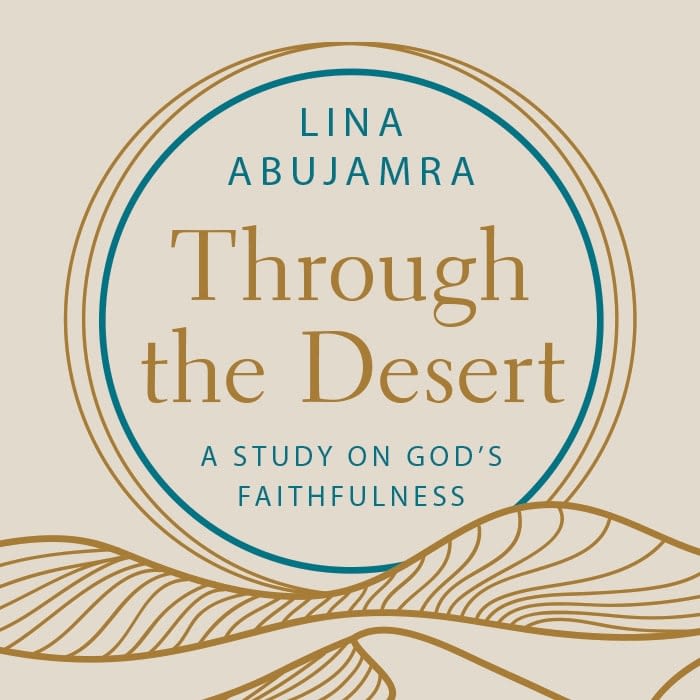Over my years of study and many years of service within a church, I have grown extremely passionate about ecclesiology. Though to be honest, while it’s a topic I feel deeply about, the word itself is not one I use too often, and I would venture to say you probably don’t either.
Ecclesiology is a subject that is foundational to every church, but it certainly doesn’t pop up in Sunday morning conversations. And when it is used, it’s usually spoken of slightly incorrectly.
However, I would dare to say this is a word and topic that we need to truly grasp and understand. This is something that God has decided to build His kingdom through, to change the world with, and not properly understanding it is exactly what the enemy wants in order to attempt to thwart those plans.
What Is Ecclesiology?
In the most basic sense of the word, ecclesiology is the study of the theological doctrine of the church. Sounds a bit daunting in some ways, but when it comes down to it, it is simply about who the body of Christ is and how it functions.
Ecclesiology comes from the root word ekklesia, a Greek word that means “assembly” or “congregation.” In the Septuagint (the Greek translation of the Old Testament), the word ekklesia was used to translate the Hebrew word qajal, which also means “assembly.”
This term did not have any religious significance until it was assigned significance by God throughout Scripture.
In the Old Testament, it is used to designate those chosen specially by God, the Israelites.
In the New Testament and today, ekklesia specifies followers of Jesus—that’s you and me, as well as all Christians who have come before us and will follow behind us.
What Is the Difference Between Ecclesiology and Theology?
Theology is “the study of God and God’s relation to the world”; ecclesiology, as stated above, is the study of His church. Theology covers all conversations about God. Ecclesiology is a piece of the systematic theology puzzle or an arm of theological study.
Ecclesiology explains the church: its definition, purpose, rituals and traditions, and leadership structure. While theology is the study of God and how He relates to the world, ecclesiology studies how Christians relate to God, one another, and unbelievers.
Where Is the Word Ekklesia Used in Scripture?
In order to fully understand the meaning and significance of this word, and of the church, one must look to Scripture to see where and how it is used, always keeping in mind that context is key when seeking to understand.
Ekklesia can be found numerous times in the Greek translation of the Old Testament when referencing an assembly or gathering of God’s people. For example, 1 Chronicles 29:20 says, “Then David said to all the assembly, ‘Bless the LORD your God.’ And all the assembly blessed the LORD, the God of their fathers, and bowed their heads and paid homage to the LORD and to the king.”
When we look to the New Testament, we begin to see ekklesia, or the church, receive power through the Holy Spirit. When Jesus speaks to his disciple Peter, he tells him, “on this rock I will build my church, and the gates of hell shall not prevail against it” (Matt. 16:18). Jesus was building His assembly of believers.
Paul also uses this term, and he uses it considerably more than Jesus. Jesus references ekklesia twice, whereas we can find it in Paul’s writings sixty-two times.
Each time Paul uses ekklesia, he is writing to a gathering of believers in a particular location and giving instructions on what to do, how to live, how to treat one another, leadership within the assembly, and the like.
Why Should Christians Study Ecclesiology?
I could fill pages with why it is important for Christians to study ekklesia and have a better understanding of ecclesiology. But of all the reasons, for me, there are a couple that stand out as most significant.
1. Ecclesiology is the Study of Us
For one, if we are Christians, then ekklesia is us. The ekklesia is the assembly, the body, of Jesus. This is how God has chosen to operate and move in the world and build His kingdom. If we want to live out the mission He has given us, we should probably spend some time studying and pondering what we, the church, really are and how He uses us as a collective body.
2. If We Misunderstand Ecclesiology, We Misunderstand Our Role in the Kingdom
The second reason is based on what I have experienced personally, and I would guess some of you have as well. When we do not take the time to study ecclesiology or try to grasp what the ekklesia truly is and was intended to be, we misunderstand it altogether. When we do not take time to study, we begin to think of the church as a thing.
But really—
The church is not a place. It’s a people.
The church is not a building. It’s a body.
The church is not an organization. It’s an organism.
Unfortunately, we get those confused quite often in our Western culture, and that, my friend, can be a dangerous thing as it can damage our own belief and theology, as well as do harm to those around us.
When we mix up what church is and who church is, the organization becomes more important than the organisms that form it. The building is tended to more than the body. And the reputation of the place is more valued than the people within it.
How can we, as followers of Jesus Christ, ensure we do our best to guard against muddling what God intended His church to be? We study ecclesiology and seek to understand the ekklesia—what it is and what it is not. Also, we can shift our perspective by switching the language we use to describe or talk about the church.
We are not going to church. We are the church.
I will not see you at church. I see the church when I see you.
It seems like a tiny switch, a play on linguistics perhaps. But in reality, this seemingly minute change can have huge effects on our perspective and how we live as the body of Christ.
This is why I, personally, have been intentional with my words, not just for me but for my kids. I want them to grow up with a proper understanding of what and who the church is. So when I talk about the church or what we’re doing on Sunday mornings, I say we are “gathering with” the church rather than “going to” church.
The church is how Jesus has, is, and will continue to build His kingdom, so let us do our due diligence in seeking to understand ecclesiology. Because when we misunderstand the body of Jesus, we misrepresent the heart of Jesus . . . and that is just what the enemy would have us do.
Ready to Explore Systematic Theology More In-Depth?
Ecclesiology is just one branch of Systematic Theology, a disciplined approach that allows us to better understand and explain our religious beliefs by organizing theological concepts into a logical framework.
Read What is Systematic Theology? A Beginner’s Guide to get a solid overview of all ten branches, and then be sure to visit these articles on the Esther Press website to explore each area more in depth.
- Theology Proper: Who is God?
- Christology: Who Is Jesus Christ and Why Is He Important?
- Soteriology: What Is Salvation and How Are We Reconciled to God?
Then, be sure to visit our article on how to choose a good theological Bible Study for women for helpful tips and recommendations for finding the right theological Bible study for you. Alternately, you might enjoy these Bible studies for small groups if you prefer to read and discuss with a group.

She Belongs
A women’s Bible study for anyone who feels anxious and alone trying to handle life without community, She Belongs by Katy McCown shows us that the key to keeping it together is coming together in the body of Christ.

I Don't Even Like Women
Collaborator or competition? Trusted friend or backstabbing rival? In I Don’t Even Like Women, Natalie Runion shows us how meaningful female friendships not only foster spiritual growth, they equip women to live out their calling with boldness and joy.




